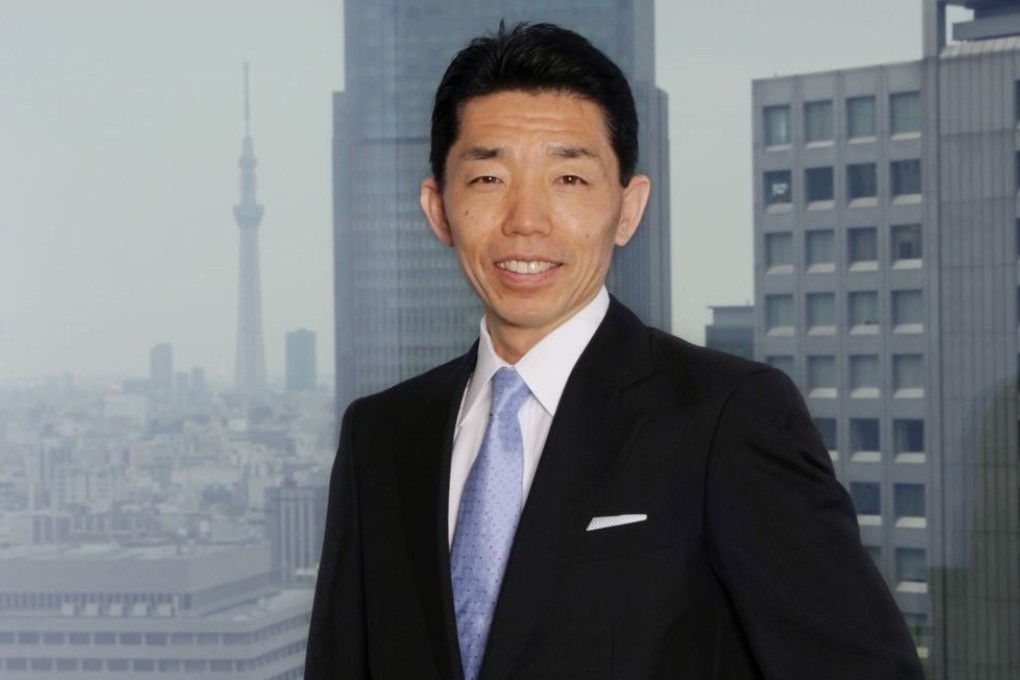UniCarriers achieves synergies with integration
When Nissan Forklift and TCM merged to form UniCarriers, they combined more than 120 years of experience in forklift and materials handling equipment. The distinct white colour of its machines reflects more than a simple change in appearance. UniCarriers' renewed take on technology and operational efficiency has set it apart from the competition.

When Nissan Forklift and TCM merged to form UniCarriers, they combined more than 120 years of experience in forklift and materials handling equipment. The distinct white colour of its machines reflects more than a simple change in appearance. UniCarriers' renewed take on technology and operational efficiency has set it apart from the competition.
"We've surprised the industry by completing our integration in just a year, faster than the usual three years for a company our size," says Satoru Omori, chairman and CEO of UniCarriers. "Our clients will gain from the immense synergies we've achieved."
A major outcome of the collaboration will be the establishment of a global research and development (R&D) centre in Kawasaki. The US$60-million, seven-storey facility will focus on, among other things, system software technology for remote-controlled equipment to promote a safer workplace. Overall, UniCarriers will harness Nissan Forklift's frontier technologies while drawing on the expertise of TCM of the Hitachi Group, which made Japan's first forklift in 1949.
While its R&D centre is global, technology is further tailored to the specific needs of its local markets in Europe, the Americas and Asia. This highly localised strategy runs across all operations from product design and procurement to overall management and marketing. Such an approach has benefited clients in many ways, such as cutting lead times by as much as a year.
"This is one important change the merger has introduced into UniCarriers," Omori says. "We've become very close to the local markets that we're able to produce products that match precisely what each country requires."
UniCarriers, for example, has lined up several "green" offerings for markets such as China. The company is developing more reasonably priced electric forklifts featuring longer battery life. For its non-electric lines, it is working on an affordable exhaust-limiting technology to be launched next year.
"We have big expectations for China, and I think we have a very good chance to grow in that market," Omori says.
The company has a manufacturing facility in China and plans to expand operations by inviting collaborations with direct dealers and distributors. Similar to its growth strategy elsewhere, UniCarriers will focus on mergers and acquisitions of companies that have the appropriate technologies or manufacturing capabilities.
"We're increasing our market presence worldwide and will establish local factories and facilities whenever necessary," Omori says. "Our ultimate goal is to become No 1 globally."
www.unicarriers.co.jp